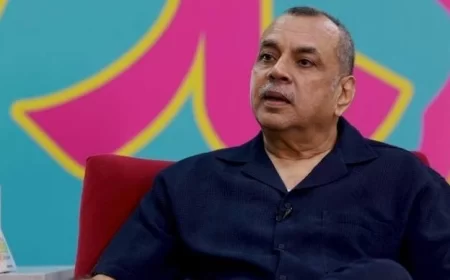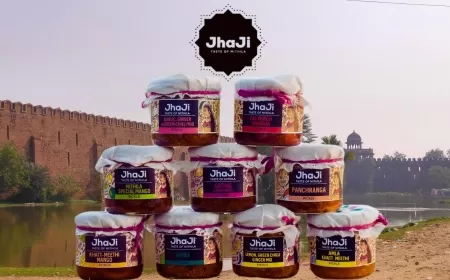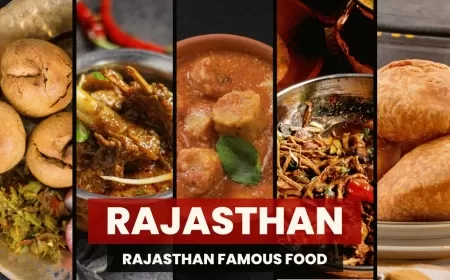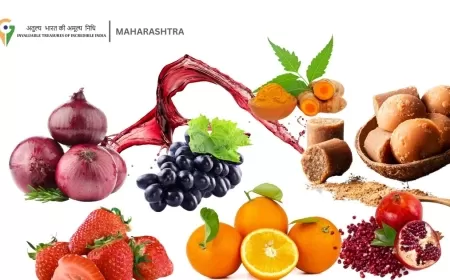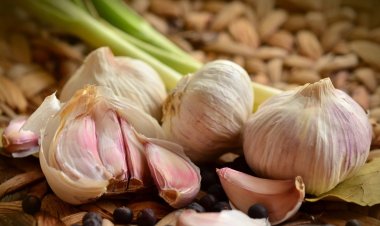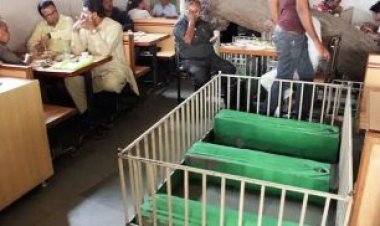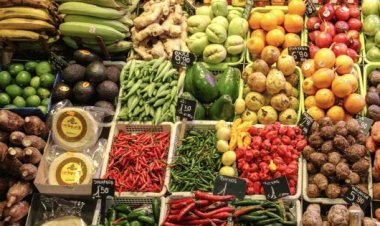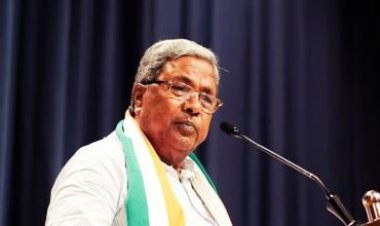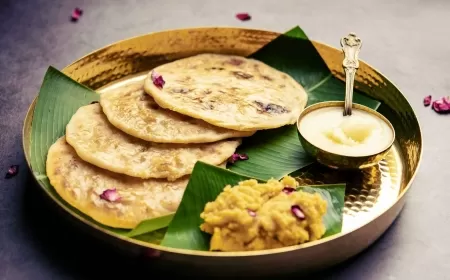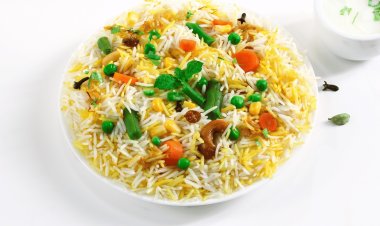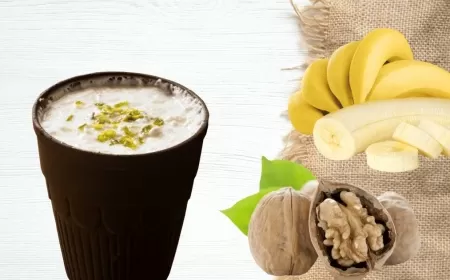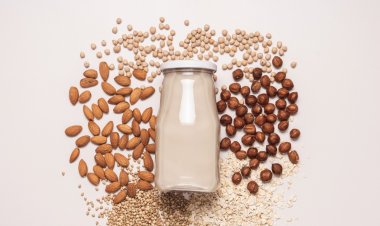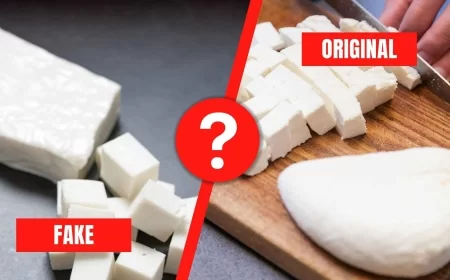India in Talks with Russia to Import Wheat at Discount Amid Inflation Concerns
India explores rare talks with Russia to import wheat at a discount, aiming to counter food inflation ahead of upcoming elections. Discover the potential impact on prices and supplies, as India considers unconventional measures.

New Delhi/Mumbai: In an uncommon move aimed at boosting supplies and curbing food inflation in the lead-up to state and national elections next year, India is engaging in discussions with Russia to import wheat at a discounted rate amidst surging global prices. Four sources have indicated that the imports could provide New Delhi with the means to intervene more effectively in the market, thereby reducing wheat prices that contributed to a 15-month high in inflation this past July.
According to one of the sources, "The government is exploring the possibility of imports through private trade and government-to-government deals. The decision will be made cautiously." These potential imports from Russia represent a departure from India's recent history, as the nation has not executed diplomatic wheat imports for several years. The last significant quantity of wheat imports occurred in 2017, when 5.3 million metric tons were brought in by private traders.
This prospective plan to import Russian wheat is among the measures being considered by the Indian government to address inflation. Alongside potential extensions of rural schemes aimed at mitigating inflation's impact on the impoverished, officials are exploring options to lower prices of essential commodities, including fuel, cereals, and pulses.
While the sources have opted to remain anonymous due to the private nature of the discussions, it is revealed that the final decision may still be weeks away. Requests for comments from the finance, trade, and government spokespersons have gone unanswered.
Although India requires only 3 to 4 million metric tons of wheat to address the current shortfall, some sources suggest that importing 8 to 9 million tons from Russia could have a more substantial influence on prices. Russia, now India's second-largest supplier of goods after the conflict in Ukraine, has indicated a willingness to offer discounts on prevailing market prices.
An official noted, "Russia has indicated its willingness to offer a discount on prevailing market prices. There are no restrictions on the export of food commodities from Russia." Furthermore, India is already importing sunflower oil from Russia and is looking to employ a similar approach, settling payments in U.S. dollars.
Market experts anticipate that India could secure a discount of $25 to $40 per ton from Russia, thereby significantly undercutting local prices and ensuring more affordable wheat costs. The past two months have seen wholesale wheat prices in India surge by around 10%, reaching a seven-month high in August due to limited supplies. However, this increase contrasts with wheat stocks in government warehouses, which stood at 28.3 million tons on August 1st, representing a 20% decline from the 10-year average.
Last year, India prohibited wheat exports due to decreased output, and this year's harvest is also projected to be at least 10% lower than government estimates. As India navigates its options to tackle food inflation, the potential import of Russian wheat adds an intriguing dynamic to the country's economic landscape.
What's Your Reaction?
 Like
0
Like
0
 Dislike
0
Dislike
0
 Love
0
Love
0
 Funny
0
Funny
0
 Angry
0
Angry
0
 Sad
0
Sad
0
 Wow
0
Wow
0



